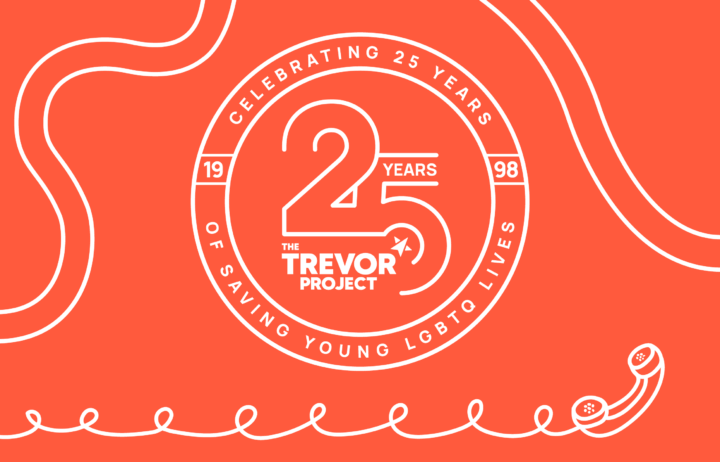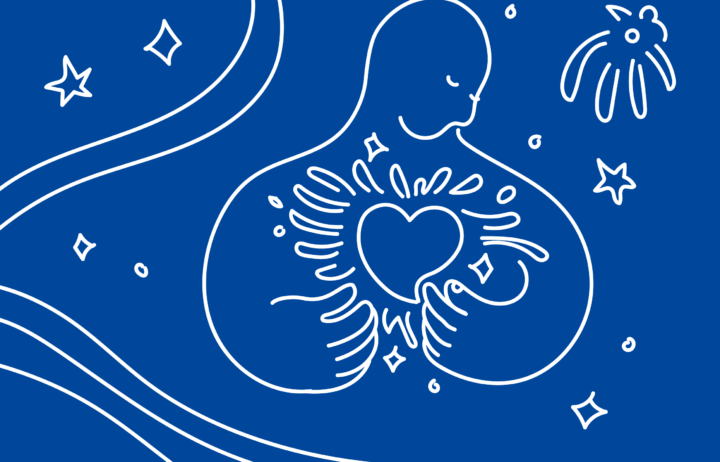A spectrum can be a useful way to start thinking about gender: man on one end and woman on the other, with a wide array of identities between the binary. But even a spectrum, wide as it can be, becomes reductive when you consider how complex human beings are.
Though the gender spectrum and nonbinary identities recently broke through to the mainstream, human history tells us that we have been wrestling with these ideas forever. Pre-colonial and Indigenous understandings of gender are far more fluid, complex, than post-colonial roles of “man” and “woman.” In fact, there exists a community of Indigenous individuals that stand as proof that the gender binary we know today is insufficiently understood: Muxe.
Anthropologist Beverly Chinas explains that in the Zapotec culture, “the idea of choosing gender or sexual orientation is as ludicrous as suggesting that one could choose one’s skin color.” Muxe, a term unique to Zapotec in Oaxaca, Mexico, are individuals who are typically assigned male at birth, but dress and behave more femininely. Muxes are not seen as gay men or trans women but as separate, distinct gender. Self-described as “people with two spirits,” Muxe have persevered and survived through genocide, colonization, and modernization, and now preserve their Indigenous beliefs through their gender. To use the gender spectrum to understand them would be reductive, because their way of being predates a binary with opposing poles.
Muxe is a way of being, and muxe are key to sustaining Zapotec culture in modern-day Mexico. There’s no one way to be muxe, and even though they face some of the same challenges trans and nonbinary people face (like family rejection and social discrimination), muxe continue to thrive. They celebrate their culture and honor their struggle annually at the aptly-named festival, “La Vela de Las Auténticas Intrépidas Buscadoras del Peligro,” or “The Vigil of the Authentic, Intrepid Danger-Seekers.”
Young people in colonized cultures like the United States and Mexico might find themselves restricted by a binary spectrum of gender, because even if there’s a whole kaleidoscopic range of identities between the poles of Man and Woman, the poles are still there. For LGBTQ young people, especially trans and nonbinary young people who face mounting discrimination for their identities, it can be liberating to learn that thousands of years ago and still today, people are just living and being themselves naturally, whether they are men, women, or otherwise. No pressure to dress any which way, to change your body to fit norms, but to just exist. No pressure to be one way or another way, but to just be.
Sue Cardenas-Soto is a Copywriter at The Trevor Project, the leading suicide prevention and mental health organization for lesbian, gay, bisexual, transgender, queer & questioning (LGBTQ) young people. If you or someone you know is feeling hopeless or suicidal, our trained crisis counselors are available 24/7 at 1-866-488-7386 via chat www.TheTrevorProject.org/Get-Help, or by texting START to 678-678.


